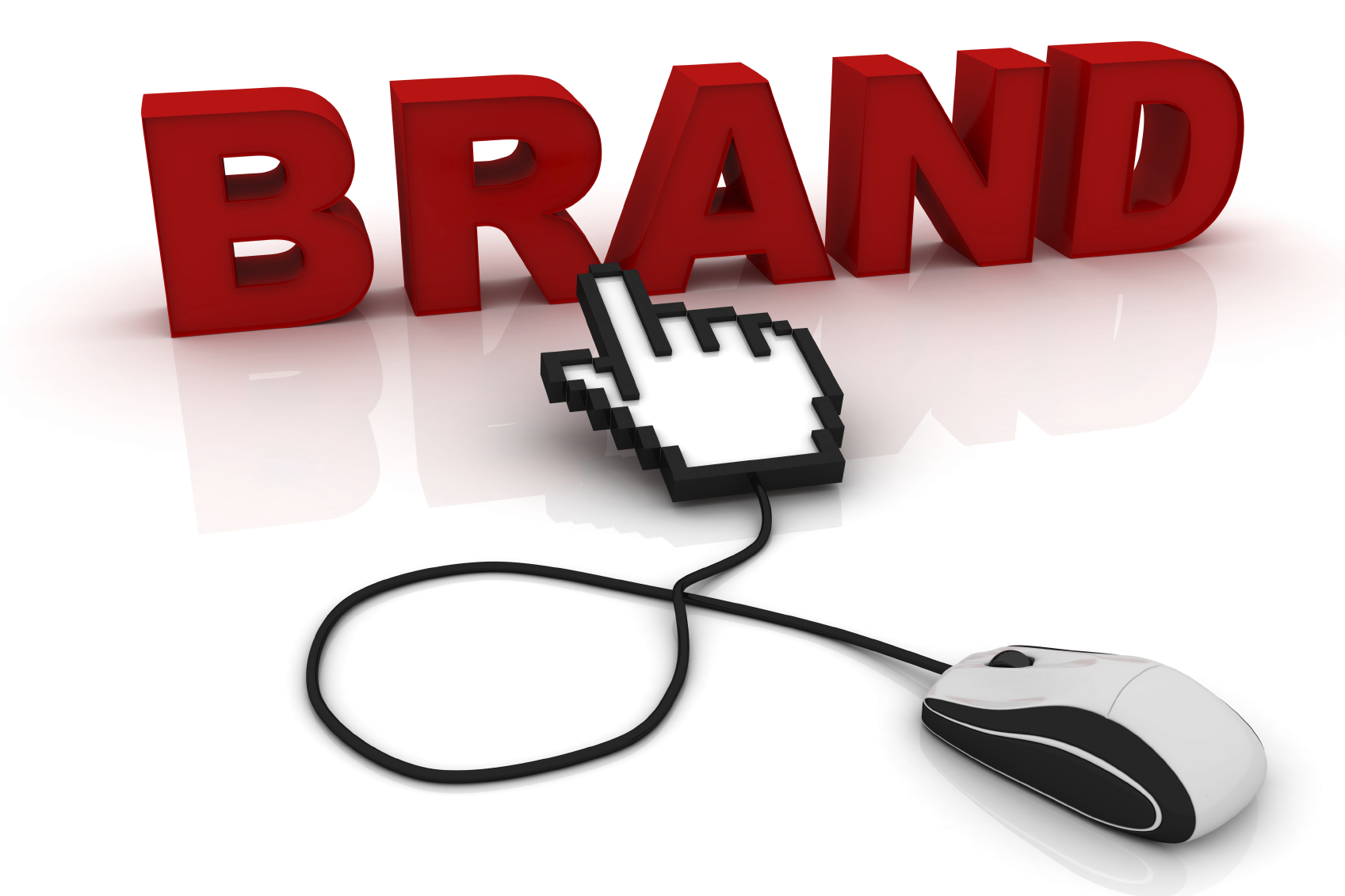The Importance of Branding in Scientific Markets
This is the first in a series of posts about the importance of branding and Measuring Brand Health. Over the years, we have collected tens of thousands of responses from scientists about the techniques they use, and the products they buy. Invariably, we are told that “quality” or “reliability” are, by far, the most important factors they consider. And these factors are very important.
At the same time, we also noticed the importance of a company’s reputation and a familiarity with their products in guiding a purchase decision. When we ask what made you buy this product over this one, what we find over and over again are comments such as: It was recommended by a colleague” or it was “required be a specific protocol.” They tell us that they open mail or look at ads because they’re currently using the vendor’s products. They stop by a booth because they’re considering using the company’s products. Simply put, this is a market where your reputation — what you’re known for — is of paramount performance. In other words, scientists are “brand sensitive.”
This is a useful definition of brand equity:
- Brand awareness – the degree to which a brand is recognized by customers, and measured in terms of “high” or “low.”
- Brand loyalty – the degree to which a brand has a constituency of regular users. Brand loyalty is derived from familiarity, satisfaction and the recommendations of colleagues over time. It’s usually measured in terms of “brand preference,” where all things being equal, the customer will choose one brand over another; and “brand insistence,” where no other product is acceptable to the customer.
- Competitive advantage – the combination of attributes that customers cannot find in competing products and that they value so highly, they’re unwilling, or extremely reluctant to switch. It’s important to remember that a brand’s competitive advantage is defined by the customer, not your marketing department or R&D team, and is often based on perceptions and not necessarily technical attributes.
- Perceived quality/Value – the degree to which a brand has an image of quality or value relative to its price, again through the “eyes” of the customer.
- Brand association – the memories and other mental connections that occur within the mind of the customer when confronted by a purchase decision. Associations may be positive, negative or non-existent.
As I visit with our clients, I’ve noticed there’s still a certain reluctance by some in this industry to accept the notion that making the “tools of science” can in any way be compared to a consumer market.
Certainly a company dedicated to expanding the frontiers of human knowledge can claim some moral standing over the likes of Nike or Coca-Cola. But that’s not an issue here, the fact of the matter is that no scientist can afford either the time or the money to evaluate every product and service related to his or her field. Choices have to be made. And when he or she wishes to purchase, again choices have to be made. In short, for the scientist, “All vendors are equal. But some vendors are a great deal more equal than others!” Or as we would say, some vendors have more brand equity than others. Where does your brand stand?






Very well explained! You’ve written such great article regarding the importance of branding. Excellent job!